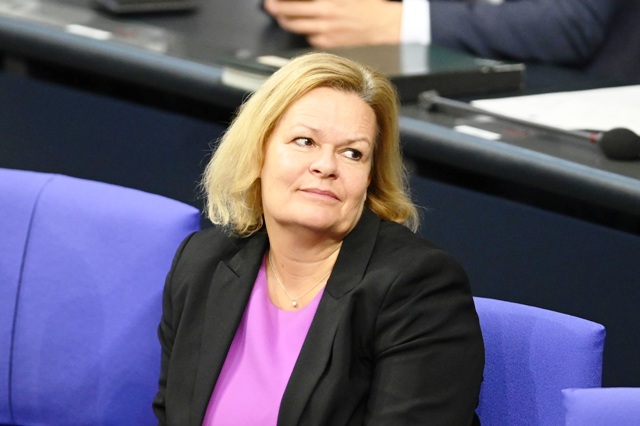Admin I Sunday, November 17, 2024
BERLIN – A government statement released in Berlin on Sunday revealed that the easing of immigration restrictions to attract skilled workers to Germany has led to a 10% increase in the number of visas issued for this purpose over the past year.
“In the first year, around 200,000 visas for employment purposes were issued, according to preliminary figures,” noted a joint statement from the Foreign Office, the Immigration Ministry and the Labour Ministry.
The increase had been particularly marked in visas for study, gaining a professional qualification or having foreign qualification recognized, it said. Interior Minister Nancy Faeser said skilled workers could now enter Germany more quickly to start work, while Labour Minister Hubertus Heil emphasized the economy’s need for skills.
“The law is taking effect. Visa issue and consultations abroad are at a record level,” Heil said.
Foreign Minister Annalena Baerbock noted long delays in seeing a doctor and finding a car mechanic or carpenter in Germany. “Every year 400,000 clever heads and even more clever hands are lacking that will strengthen our country as a modern and attractive country for immigration,” she said.
Germany had passed the most modern immigration law in Europe, Baerbock said, noting that digitalization had speeded up the visa-issuing process.
The first part of the immigration reforms went into effect in November 2023 with the aim of updating a 2020 law and promoting the immigration of skilled workers. It included easing restrictions on the EU Blue Card, a residence permit for university graduates and foreign nationals with professional experience.
Since March, qualified skilled workers with professional experience can enter Germany to work without first securing recognition for their qualifications.
They no longer have to show that they have passed a course recognized in Germany. Instead the offer of a job paying at least €40,770 ($43,000) gross per year is sufficient.
